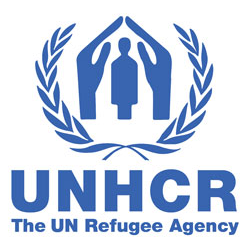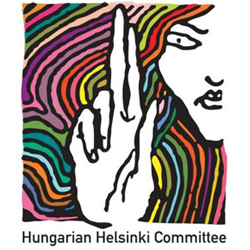Main Debates
- What impact do international obligations have on national sovereignty and migration control?
- What are the legal and moral duties of host states?
- Are the expanding refugee definitions and the rise of new actors an improvement or not?
Main Points
- Three major phases of the evolution of the international refugee legal regime
- Policy responses to different types of migration
- Universal and regional definitions
Readings
Core
- B. Nagy, ‘Indeed why? Thoughts on the reasons and motivations for protecting refugees’, in: B. L. Kristiansen, S. Schaumburg-Müller, T. Gammeltoft-Hansen, I.E. Koch (eds), Protecting the Rights of Others. Festskrift til Jens Vedsted-Hansen, (Copenhagen, DJØF Publishing, 2013), p. 583 – 607.
 I.2 The Legal and Institutional Framework for Refugee Protection
I.2 The Legal and Institutional Framework for Refugee Protection
 I.2.1 The Evolution of the International Refugee Regime
I.2.1 The Evolution of the International Refugee Regime
 I.2.2 The Universal Standard: The 1951 Geneva Convention Refugee Definition and the Statute of the UNHCR
I.2.2 The Universal Standard: The 1951 Geneva Convention Refugee Definition and the Statute of the UNHCR
 I.2.3 Contemporary Alternative Refugee Definitions
I.2.3 Contemporary Alternative Refugee Definitions



